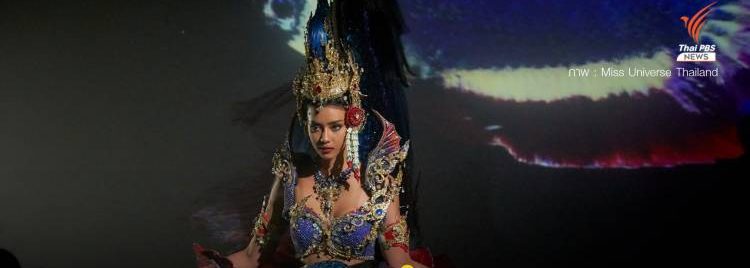Whereas Learning for Her Superior Baccalaureate
María de la Asunción Uriz Mosquera (born 21 August 1946), higher often known as María Uriz, is a Spanish soprano. El Día (in Spanish). This web page was final edited on 3 November 2023, at 13:26 (UTC). El País (in Spanish). Shortly after this, she was required by the authorities to act in the reception that yearly recognized the then head of state Francisco Franco and his ministers at the Municipal Palace of A Coruña. María Uriz was born in A Coruña. Fundación Juan March. 1985. p. She participated in special performances of Doña Francisquita directed by Plácido Domingo; La bohème with Plácido Domingo and Montserrat Caballé, with Jeanette Pilou and Beniamino Prior, La favorite with Alfredo Kraus, Maruxa, Medea, and Roméo et Juliette. Spanish). Ediciones de la Universidad de Murcia. Amelia in Un ballo in maschera (José Carreras) and Leonora in Il trovatore (with J. Aragall). El País (in Spanish). ABC (in Spanish). 3 August 1972. p. At the tip of those programs, and influenced by her brother who was a member of the Echo Polyphonic Choir, she took her first steps on the earth of opera. El País (in Spanish). Text is obtainable under the Creative Commons Attribution-ShareAlike 4.Zero License; further terms may apply. Since her debut in 1974, Uriz has develop into a regular singer on the Gran Teatre del Liceu in Barcelona with a large repertoire. For 4 years, and under the direction of famous soprano Elvira de Hidalgo, the teacher of Maria Callas, she studied vocal and stage method in Milan. Institucion del Merito Humanitario. El País (in Spanish). While studying for her Superior Baccalaureate, she began learning piano, chamber music, and dramatic art at the Conservatory of Music in her hometown. 27. Retrieved 1 June 2018 – through Google Books. She has also performed in zarzuelas and operas at the Teatro de la Zarzuela in Madrid, recitals on the Palau de la Música Catalana, Teatro Colón, and Rosalía de Castro in A Coruña, and in cities akin to Oviedo, Gijón, Ourense, Vigo, Santiago de Compostela, Düsseldorf, and Luxembourg. Later she additionally obtained the Agustín Pedro y Pons scholarship and the Eugenia Kémeny singing prize. By utilizing this site, you comply with the Terms of Use and Privateness Policy. In the 1970s she obtained the March and Castellblanch scholarships, which allowed her to maneuver to Italy to additional her research. After that, she started her singing profession, concluding her research on the Conservatori Superior de Música del Liceu. Wikipedia® is a registered trademark of the Wikimedia Basis, Inc., a non-profit organization. Boletin informativo (in Spanish).
